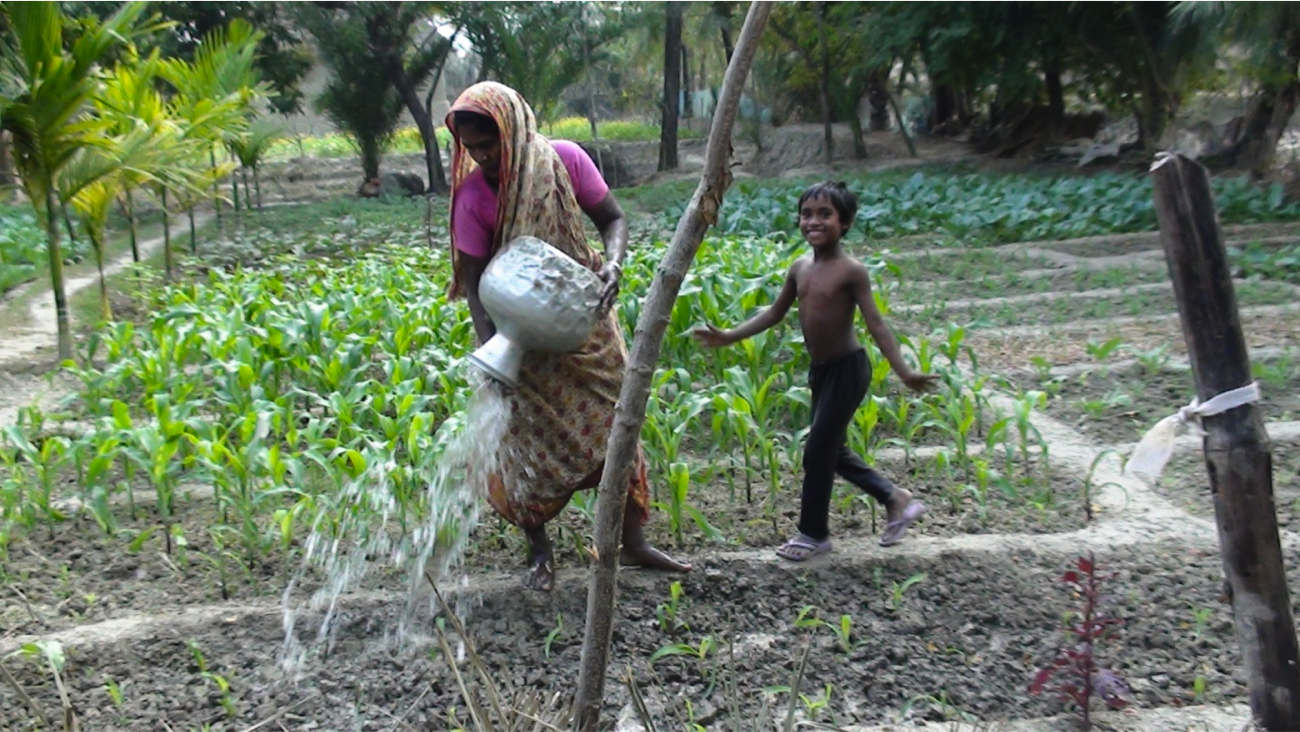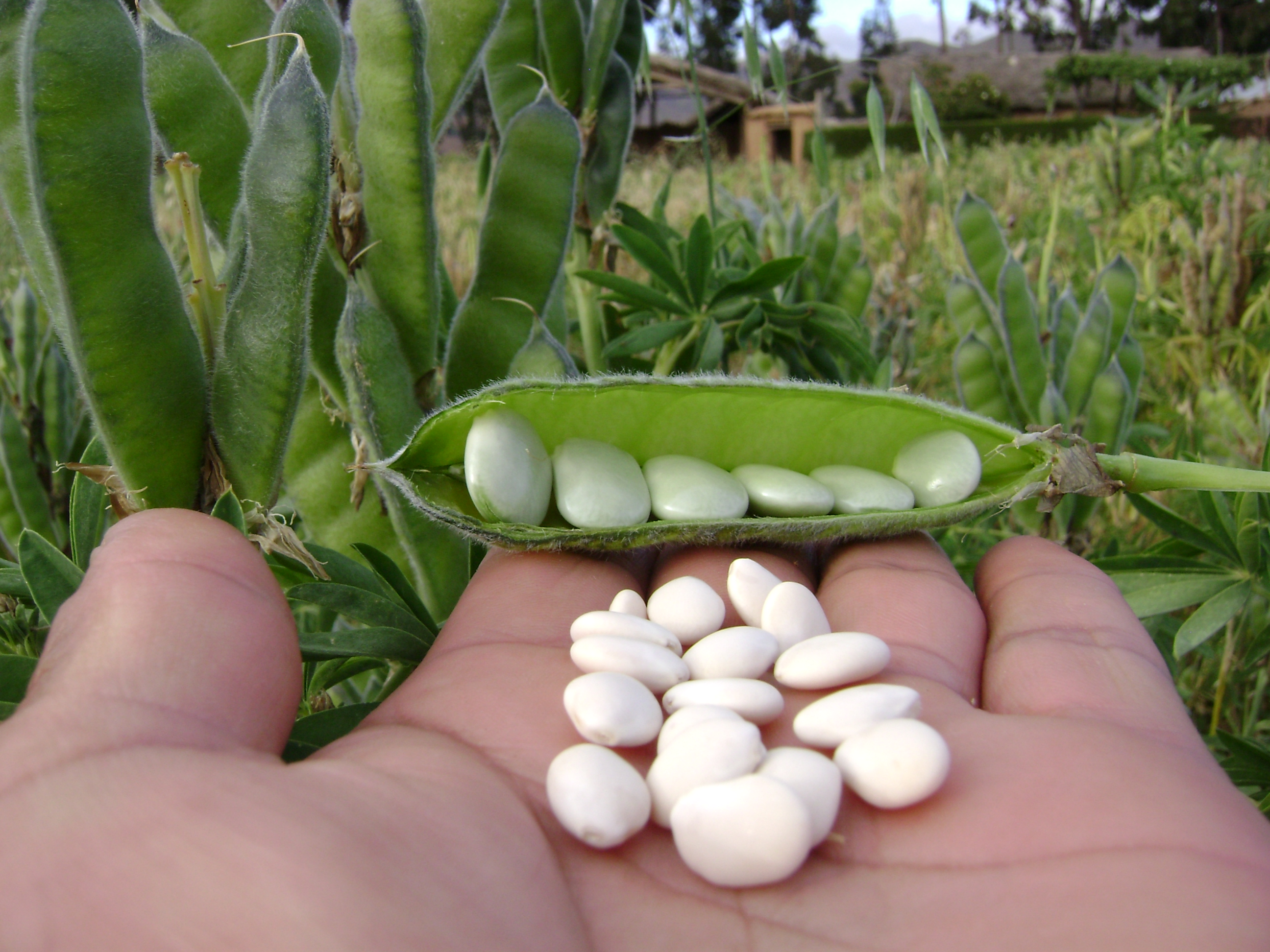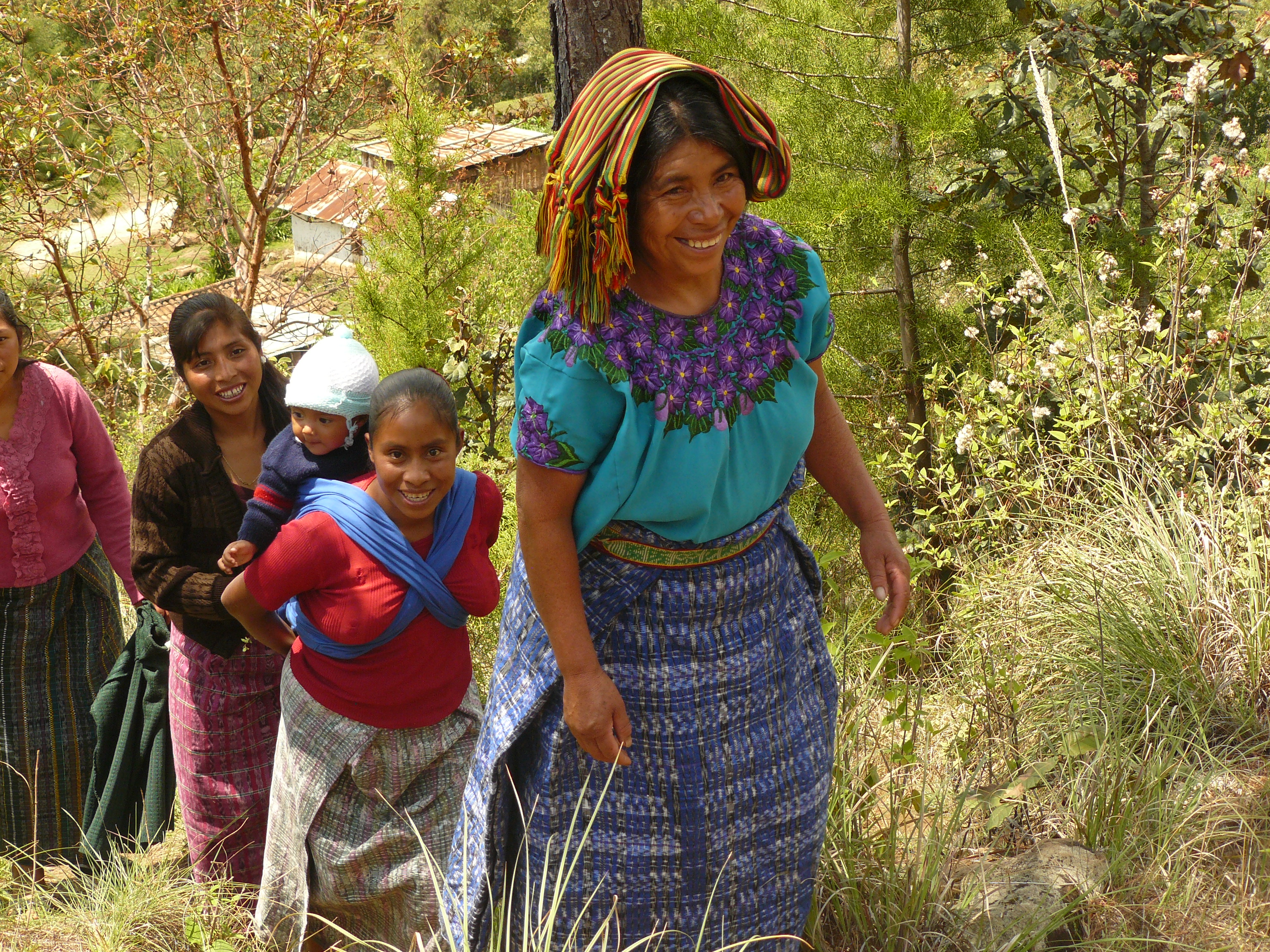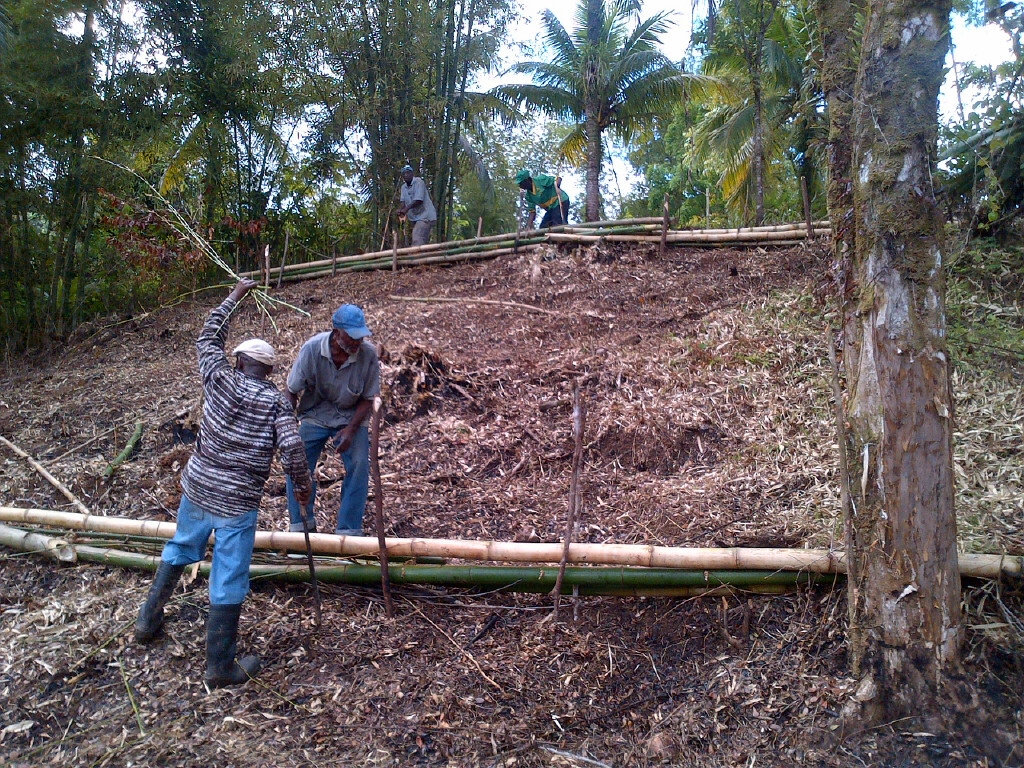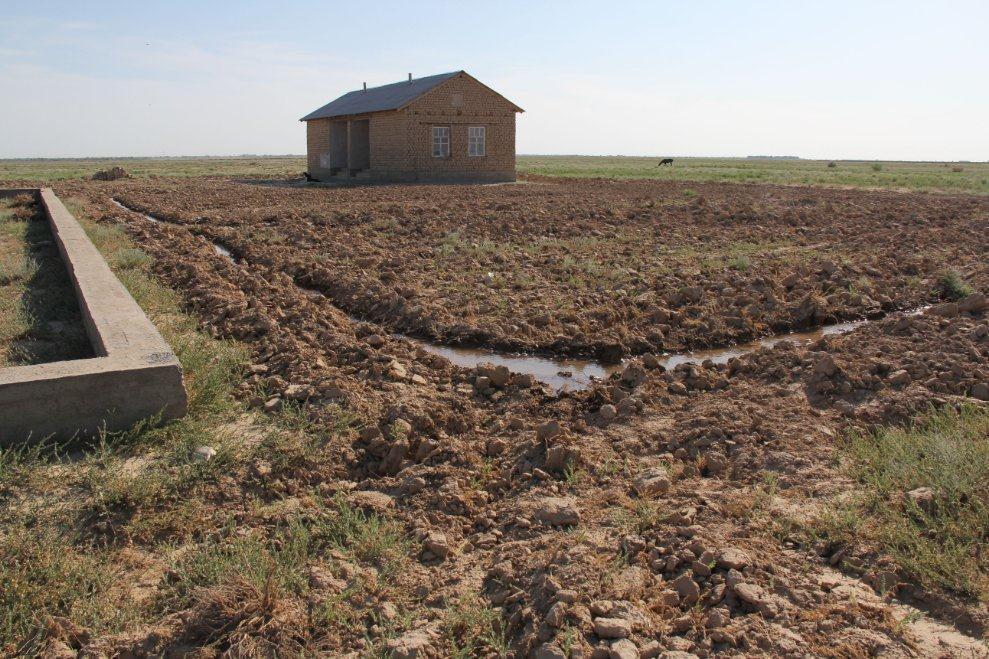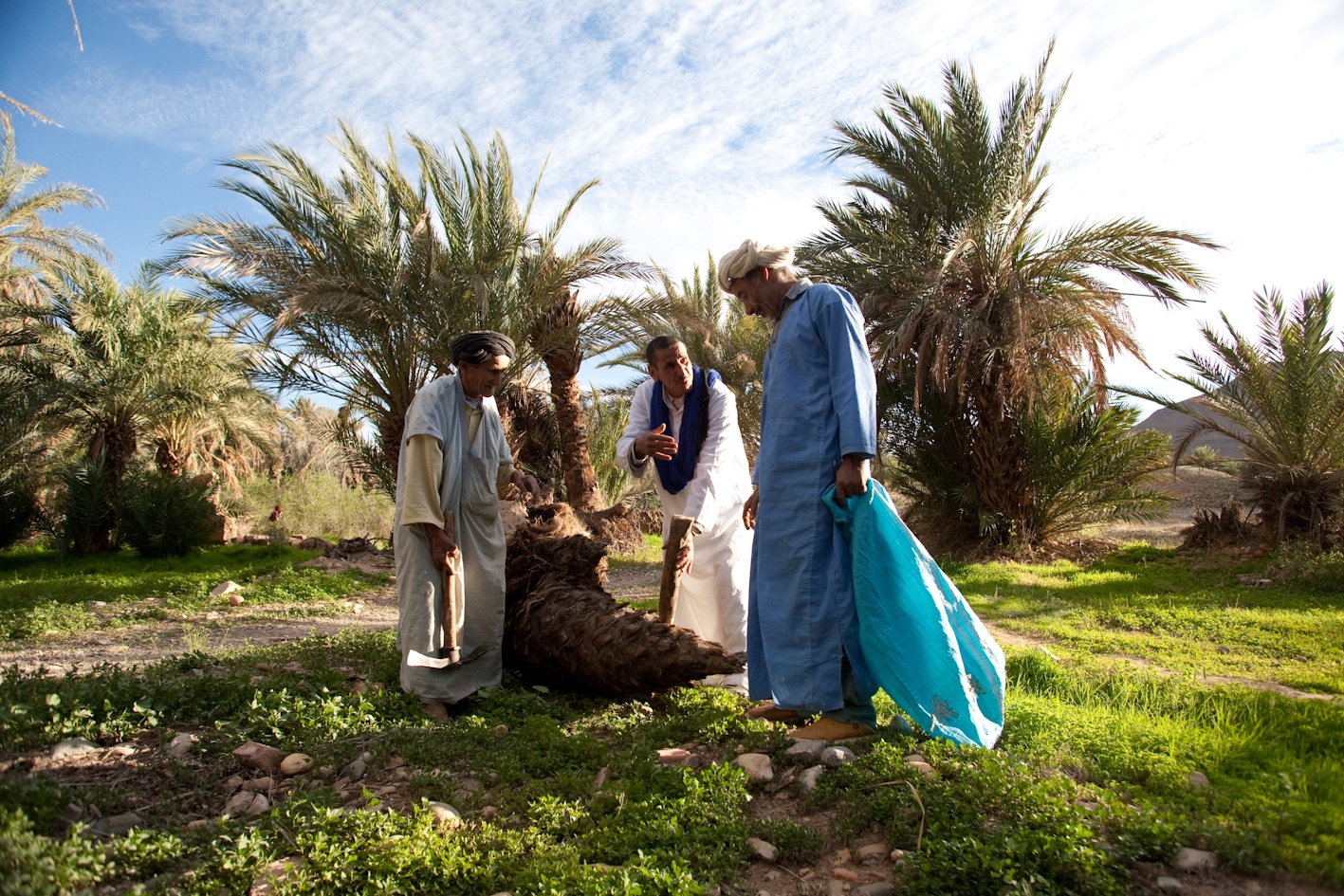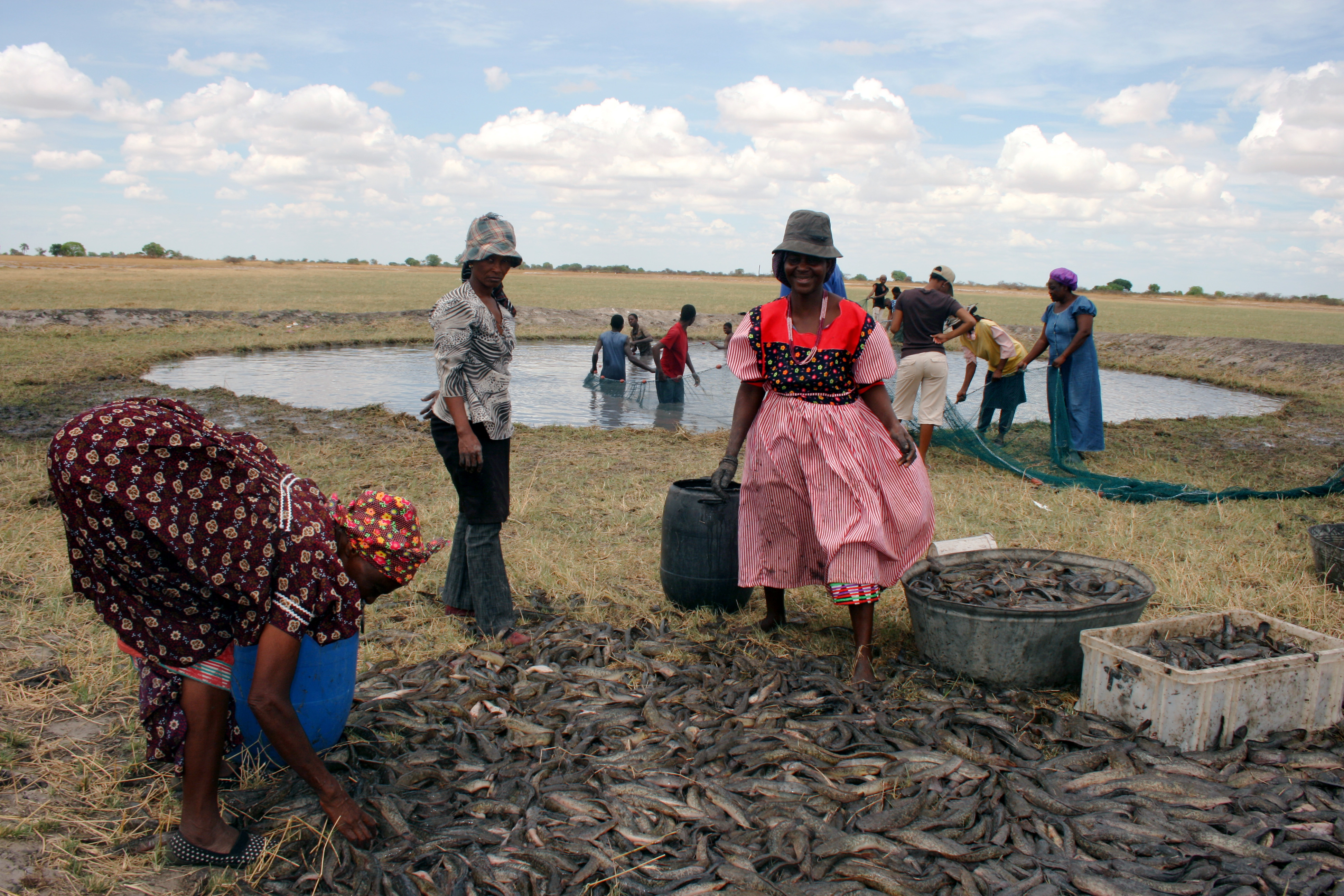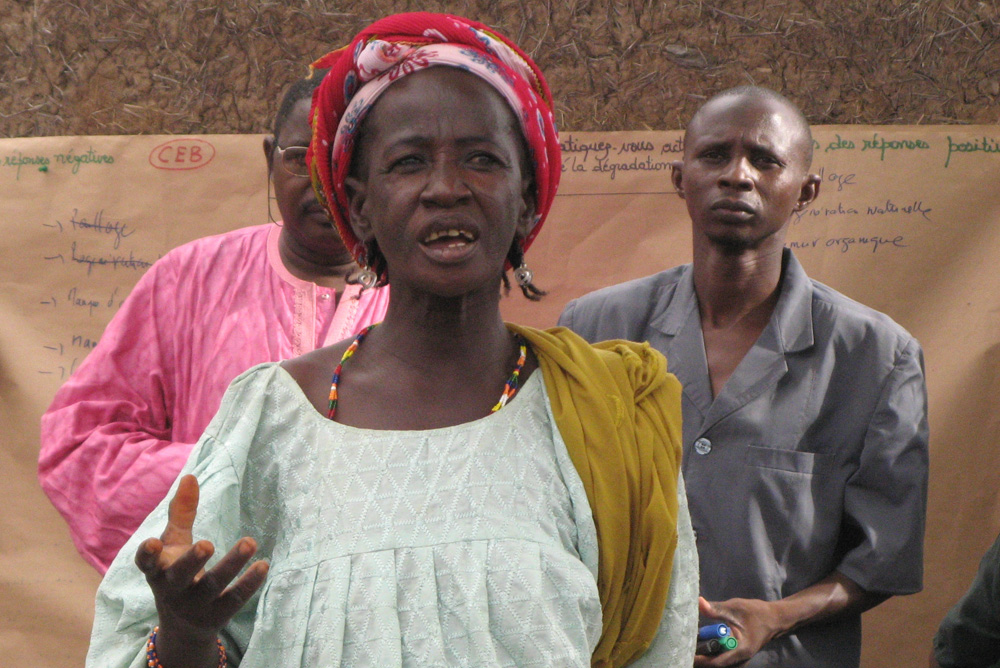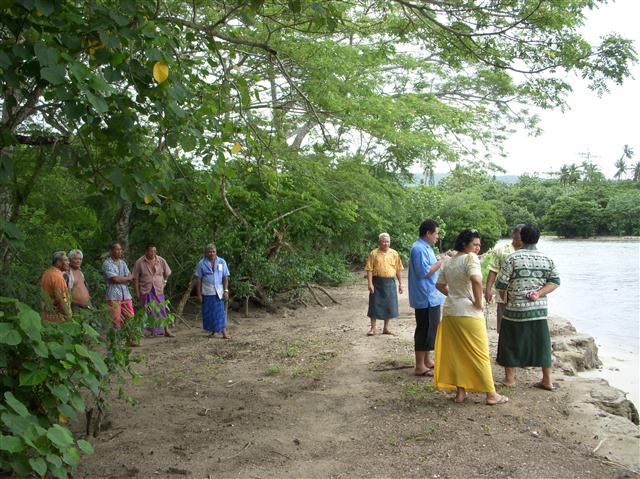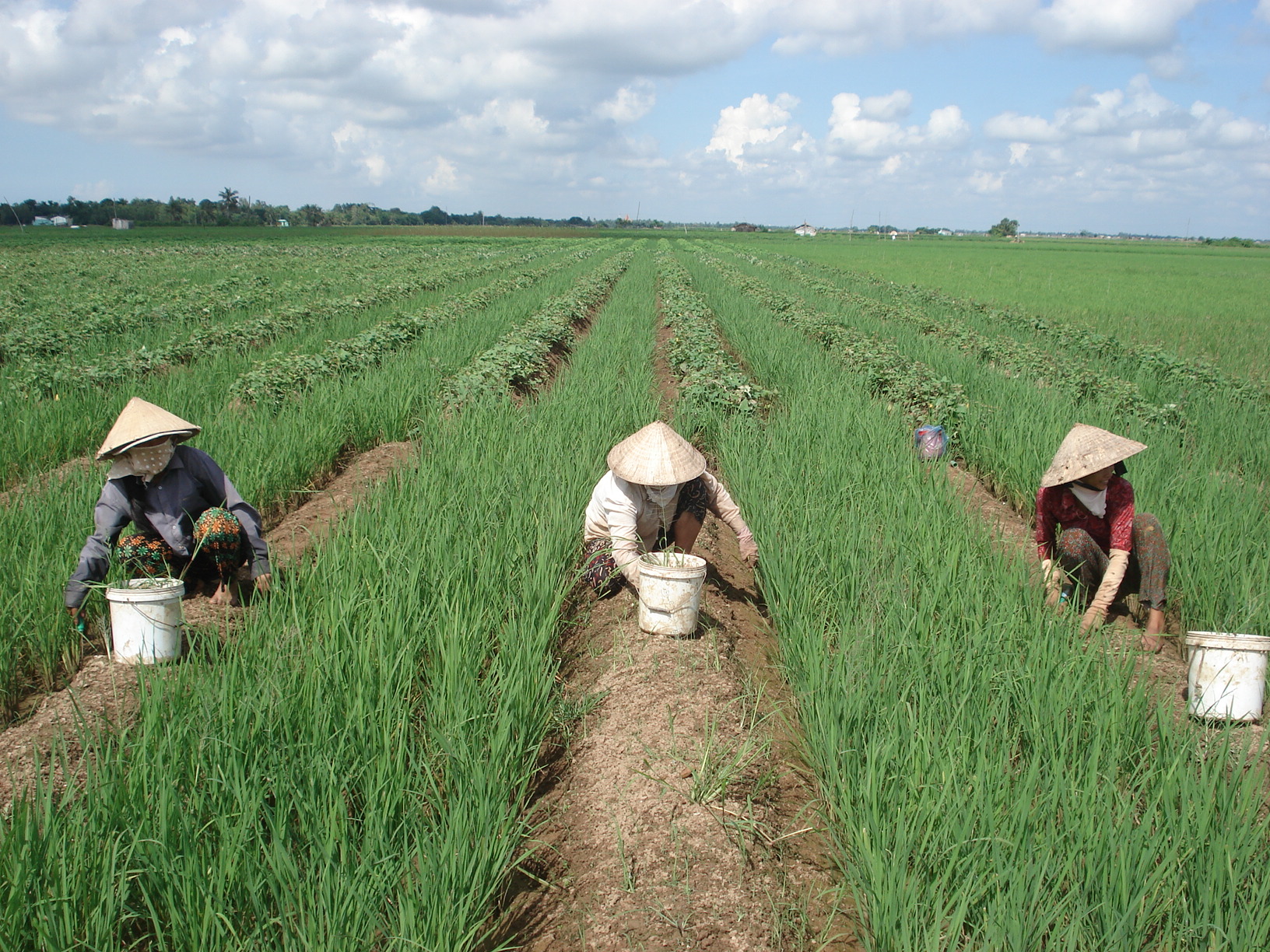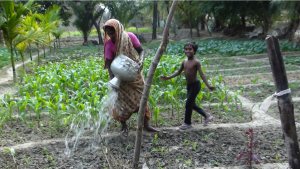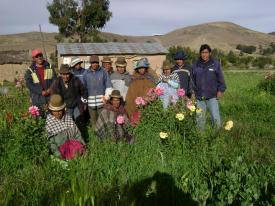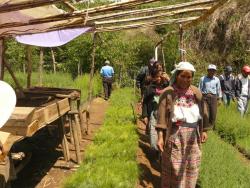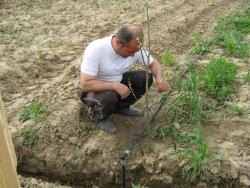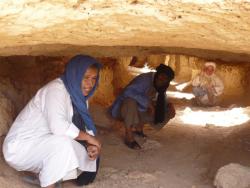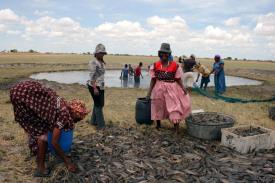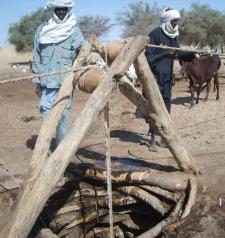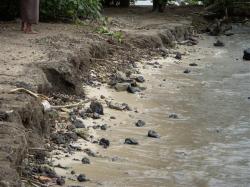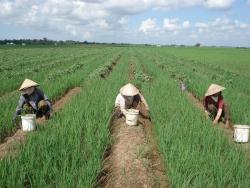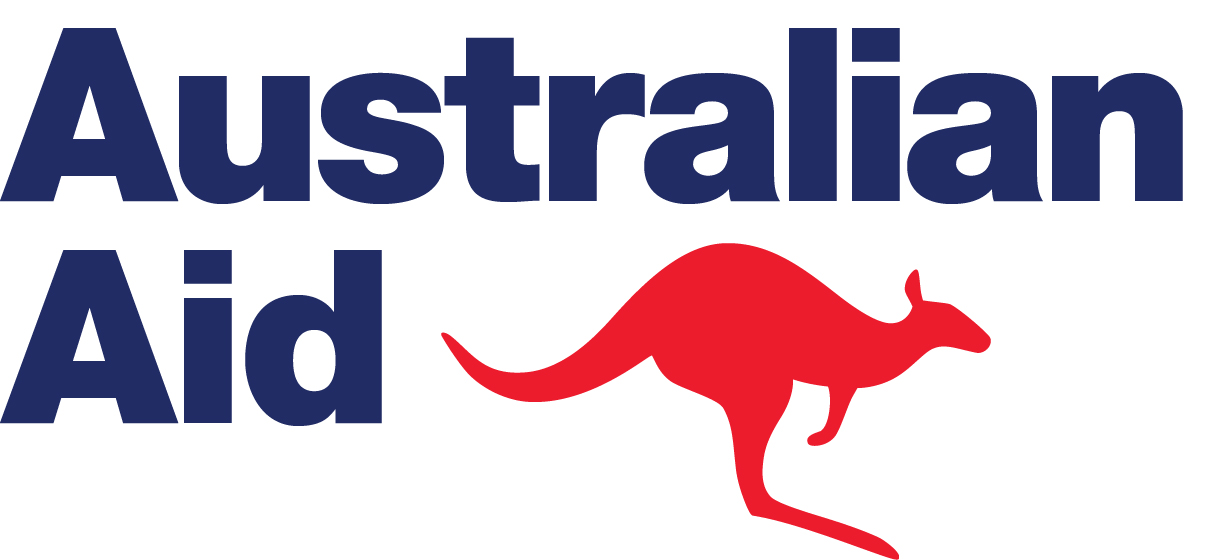Community-Based Adaptation Project
Project Overview
It is increasingly recognized that small communities are likely to be the most severely affected by climate change impacts and yet are least equipped to cope and adapt. This pilot project is designed to implement community-based projects that seek to enhance the resiliency of communities, and/or the ecosystems on which they rely, to climate change impacts. It will essentially create small-scale/policy laboratories and generate knowledge about how to achieve adaptation at the local level.
Ten participating countries (Bangladesh, Bolivia, Guatemala, Jamaica, Kazakhstan, Morocco, Namibia, Niger, Samoa, and Vietnam) each developed, planned and implemented a portfolio of community-level adaptation projects. The UNDP-ALM pages linked below feature information on each of these projects, including a detailed description, expected results and outputs, funding, and associated documents.
The Bangladesh CBA portfolio includes the following five (5) projects:
- Community-Based Wetland Project
- Coping with Climate Risks by Empowering Women in Coastal Areas
- Piloting Climate-Resilient Development Initiatives
- Strengthening Community Resilience in the Southwestern Coastal Area
- Promoting Diversified Agro-Based Activities in the Jamalpur District
Bolivia's CBA portfolio includes a total of six (6) projects:
- Water Source Protection and Soil Conservation through Reforestation in Batallas Municipality
- Participatory Adaptation Learning to Reduce Food Insecurity in Ancoraimes
- Sustainable Management of the Cherimoya Crop for Climate Change Adaptation in Saipina
- Knowledge and Tools for Sustainable Management of Water and Soils in Moro Moro
- Rural Water and Climate Risk Management in the Alto Seco Area
- Recovery of Tarwi Seeds for Adaptation in the Carabuco Municipality Near Lake Titicaca
Guatemala's CBA portfolio consists of four (4) projects:
- Soil Recovery with Organic Crop and Soil Conservation Structures in Pin Pin Canton
- Adapting to Climate Change through the Application of Green Forest Borders
- Reforestation and Soil Conservation to Improve Tree Nurseries for Adaptation
- Tree Nursery Activities for Reforestation in the Taltimiche Plains
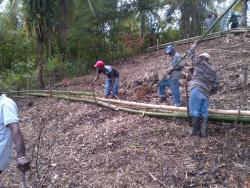 The CBA Jamaica portfolio includes a total of six (6) projects:
The CBA Jamaica portfolio includes a total of six (6) projects:
- Land & Preservation Measures to Combat Climate Change Pressures in Martha Brae Watershed
- Increasing Community Adaptation and Ecosystem Resilience to Climate Change in Portland Bight
- Glengoffe Climate Change Adaptation
- Watershed Conservation Programme for Awareness and Action in the Rio Grande Watershed
- Reducing Climate Change-Driven Erosion and Landslide Risk through Sustainable Agriculture
- "Tell It": Disseminating Caribbean Climate Change Science and Stories
The CBA Kazakhstan portfolio consists of ten (10) projects:
- Reducing Vulnerability to Declining Water Supplies in Burevestnik
- Forest Protection Belts to Combat Increasing Aridity in Shyrkyn Village
- Sustainable Water and Land Management in South Kazakhstan Under Increased Aridity
- Demonstrating Adaptive Land Management in Priozernoye
- Climate-Resilient Horse Production in Kargaly Village
- Climate-Resilient Pasture and Livestock Management in Zhangeldy Village
- Adaptation to Increased Aridity through Climate-Resilient Agro-Silvo-Pastoralism Using Sauxal
- Adapting Grazing Stock-Raising in Lepsy Village
- Adapting Farming Practices to Increasing Temperatures and Aridity in Akmola Oblast
- Autumn/Winter Irrigation as Adaptive Mechanism for Water Resources
The CBA Morocco portfolio consists of seven (7) projects:
- Land and Water Protection, Conservation Farming and Climate Risk Management in El Mouddaa
- Natural Resource and Endemic Species Conservation in Laachoria Community
- Vetiver Grass and Conservation Farming in Sidi Majbeur
- Agroforestry and Soil/Water Conservation in the Boumaad Community
- Resiliency through Sustainable Farming/Forestry Strategies in the Azilal Province
- Strengthening Tarmguiste Ecosystem Resilience and Local Adaptive Capacities
- Enhancing the Resilience of the Iguiwas Oasis Ecosystem to the Impacts of Climate Change
The CBA Namibia portfolio consists of two (2) projects:
- Adjusting Agricultural Practices to Reduce Climate Change Risk in Omusati Region
- Harnessing Coping Strategies via a Holistic Approach for Community Adaptation to Climate Change
The Niger Community-Based Adaptation project portfolio consists of seven (7) projects:
- Intensified Goat Breeding to Help Vulnerable Women Adapt to Climate Change Effects
- Adapting to Climate Change in the Community of Tamalolo
- Intensified Agroforestry Practices for Adaptation in Tânout
- Hut Livestock to Reduce Household Vulnerability in Houtchi and Dan Djaoudi, Roumbou
- Developing Sustainable Agriculture Techniques for Adaptation in Roumbou Municipality, Dakoro
- Improving Agro-Forestry and Providing Better Seeds to the Community of Maigochi Saboua, Roumbou
- Adapting Pastoral and Agricultural Practices to the Realities of Climate Change
The CBA portfolio in Samoa consists of six (6) projects:
- Adaptation to Flooding and Sea Level Rise - Fagamolo
- Adaptation to Flooding and Sea Level Rise - Safai Community
- Adaptation in Lelepa Village
- Protection and Conservation of Mangroves, Ecosystems, and Coral Reefs - Fasitootai
- Adaptation in Sato'alepai
- Adaptation to Flooding and Sea Level rise - Avao, Vaipouli, Salei'a
The Viet Nam CBA portfolio consists of seven (7) projects:
- Addressing Drought and Saltwater Intrusion Issues for Agro-Development in the Ky Nam Community
- Sustainable Agricultural Production and Food Security at Phuoc Hoa Commune
- Adaptation through Conservation and Sustainable Use of Natural Resources in Thua Thien Hue Province
- Onion-Based Cultivation Crops to Adapt to Droughts and Saline Intrusion in Vinh Chau Commune
- Minimizing Climate Change Impacts for Sustainable Aquaculture in Con Truong, Hoang Chau Commune
- Conservation and Sustainable Use of Drought- and Salinity-Tolerant Rice Varieties in Phuoc Long Community
- Applying Technologies to Address Flash Floods and Drought in Cam Tam Commune
Project Details
Recognizing that small communities are often the most severely affected, yet the least equipped to deal with the impacts of climate change impacts, the GEF council proposed that 10% of the resources under the Strategic Priority on Adaptation be channeled to community-based activities through the mechanism of the GEF Small Grants Programme (SGP) (document GEF/C.23/Inf.8/Rev.1, May 11, 2004).
In response, UNDP, in collaboration with SGP, has designed the CBA project to achieve the goal of reducing vulnerability and increasing adaptive capacity to the adverse effects of climate change in the focal areas in which the GEF works, building the resilience of communities, ecosystems, and resource-dependant livelihoods in the face of climate change. The CBA project will accomplish this through the following objective and set of outcomes:
| Objective: | To enhance the capacity of communities in the pilot countries to adapt to climate change including variability |
| Outcome 1: Local Level |
Enhanced adaptive capacity allows communities to reduce their vulnerability to adverse impacts of future climate hazards |
| Outcome 2: National Level |
National policies and programmes promote replication of best practices derived from CBA projects |
| Outcome 3: Global Level |
Cooperation among member countries promotes innovation in adaptation to climate change including variability |
The CBA represents the community-based component of the GEF Strategic Priority on Adaptation (SPA). The SPA is an ecosystem-based climate change adaptation fund, designed to support ecosystem resilience in the face of climate change, including variability. The CBA is a global project, implmented as a key component of UNDP-GEF's wider adaptation portfolio.
In addition, the CBA uses an innovative system for monitoring and evaluation, termed the Vulnerability Reduction Assessment (VRA). The VRA uses a system of question-based indicators to assess changes in community-level perception of their own capacity to adapt to changing climate, and forms an index. This focuses evaluation on the priorities of local stakeholders, and allows for monitoring and aggregating over a highly diverse range of countries, communities, and ecosystems while retaining locally specific information.
Country Drivenness
Country-drivenness is a key principle behind the CBA programme, and community-driven interventions are leveraged to contribute to national climate change adaptation priorities. This is ensured through CBA National Coordinating Committees in each country, which consider CBA project proposals for approval based on criteria including technical feasibility, project quality, and consistency with national adaptation priorities.
National Coordinating Committees are composed of various groups of national stakeholders, commonly including government representatives, UN system representatives, civil society, private sector, indigenous representatives, and other key stakeholders. Consistency with national adaptation priorities is ensured in many countries through the inclusion of UNFCCC focal points:
| Country | NCC Member/UNFCCC Focal Point |
| Bangladesh | |
| Bolivia | Mr Ivar Arana |
| Guatemala | Ms Alma Gladys Cordero |
| Jamaica | Mr. Abraham Anthony Chen, PhD |
| Jamaica | Mr. Jeffrey Spooner |
| Jamaica | Mr. Michael Taylor |
| Kazakhstan | Ms. Svetlana Dolgikh |
| Morocco | |
| Namibia | Teo Nghitila, Ministry of Environment and Tourism |
| Niger | Mr Daouda Mamadou, Deputy CEO, Niger Meteorological Service |
| Samoa | Tauleaseausumai Laavasa Malua |
| Viet Nam |
Key Results and Outputs
The CBA programme seeks to enhance climate change adaptation capacities among communities in the pilot countries. This objective is be achieved through the following outcomes:
- Enhanced adaptive capacity that allows communities to reduce their vulnerability to adverse impacts of future climate hazards;
- National policies and programmes designed that include community adaptation priorities to promote replication, up-scaling and mainstreaming of best practices derived from CBA projects; and
- Cooperation among member countries promoted for innovation in the design and implementation of adaptation to climate change including variability projects and policies.
Reports and Publications
Case Study
SUSTAINABLE LAND MANAGEMENT AND BIODIVERSITY CONSERVATION FOR COMMUNITY-BASED ADAPTATION: A Comparative Study of the UNDP-GEF Community-Based Adaptation Portfolio in Samoa
SUSTAINABLE LAND MANAGEMENT AND BIODIVERSITY CONSERVATION FOR COMMUNITY-BASED ADAPTATION: A Comparative Study of the UNDP-GEF Community-Based Adaptation Portfolio in Samoa
SUSTAINABLE LAND MANAGEMENT AND BIODIVERSITY CONSERVATION FOR COMMUNITY-BASED ADAPTATION: A Comparative Study of the UNDP-GEF Community-Based Adaptation Portfolio in Jamaica
SUSTAINABLE LAND MANAGEMENT AND BIODIVERSITY CONSERVATION FOR COMMUNITY-BASED ADAPTATION: A Comparative Study of the UNDP-GEF Community-Based Adaptation Portfolio in Jamaica
SUSTAINABLE LAND MANAGEMENT AND BIODIVERSITY CONSERVATION FOR COMMUNITY-BASED ADAPTATION: A Comparative Study of the UNDP-GEF Community-Based Adaptation Portfolio in Kazakhstan
SUSTAINABLE LAND MANAGEMENT AND BIODIVERSITY CONSERVATION FOR COMMUNITY-BASED ADAPTATION: A Comparative Study of the UNDP-GEF Community-Based Adaptation Portfolio in Kazakhstan
Adapting Locally to Secure Sustainable Futures: Selected Case Studies from the UNDP GEF Community-Based Adaptation Project
Annual Reports
GEF SPA CBA Country Programme Report (2008-2012) - Guatemala
GEF SPA CBA Country Programme Report (2008-2012) - Bangladesh
GEF SPA CBA Country Programme Report (2008-2012) - Niger
GEF SPA CBA Country Programme Report (2008-2012) - Jamaica
GEF SPA CBA Country Programme Report (2008-2012) - Viet Nam
GEF SPA CBA Country Programme Report 92008-2012)-Morocco
GEF SPA CBA Country Programme Report (2008-2012)-Namibia
GEF SPA CBA Country Programme Report (2008-2012)-Bolivia
GEF SPA CBA Country Programme Report (2008-2012)- Kazakhstan
2011 Annual Report - Community-Based Adaptation Project
2010 Annual Report - Community-Based Adaptation Project
Brochures, Posters, Communications Products
Photos from CBA Inception Workshop - Kingston, Jamaica: July 2009
Community-Based Adaptation: Climate Change in Action brochure (2009)
Community-Based Adaptation: Climate Change in Action brochure (Jan. 2010)
Community-Based Adaptation to Climate Change Brochure (July 2010)
CBA Final Preparatory Workshop, Oct. 2007 - Mangroves for the Future
CBA Final Preparatory Workshop, Oct. 2007 - 'What Local Communities in Bangladesh Told Us About Climate Change'
CBA FInal Preparatory Workshop, Oct. 2007 - CBA Viet Nam
CBA Final Preparatory Workshop, Oct. 2007 - CBA Namibia
CBA Final Preparatory Workshop, Oct. 2007 - CBA Morocco
CBA Final Preparatory Workshop, Oct. 2007 - CBA Kazakhstan
CBA Final Preparatory Workshop, Oct. 2007 - CBA Jamaica
CBA Final Preparatory Workshop, Oct. 2007 - CBA Guatemala
CBA Final Preparatory Workshop, Oct. 2007 - CBA Bolivia
CBA Final Preparatory Workshop, Oct. 2007 - CBA Bangladesh
CBA Final Preparatory Workshop, Oct. 2007 - Database Additions for CBA
CBA Final Preparatory Workshop, Oct. 2007 - Monitoring and Evaluation
CBA Final Preparatory Workshop, Oct. 2007 - Programme and Project Development
CBA Final Preparatory Workshop, Oct. 2007 - Country Programme Strategy Development
CBA Final Preparatory Workshop, Oct. 2007 - Meeting Minutes
CBA Final Preparatory Workshop, Oct. 2007 - Overview of CBA Project
CBA Inception Workshop, July 2009 - SUMMARY OF KEY DECISIONS
CBA Inception Workshop, July 2009 - CBA-UNV Logframe Comparisons (Pradeep Kurukulasuriya)
CBA Inception Workshop, July 2009 - National Climate Change Strategy for Guatemala (Alma Gladys Cordero)
CBA Inception Workshop, July 2009 - The Almanario and its use in CBA (Alejandro Santos)
CBA Inception Workshop, July 2009 - Measuring the Contribution of Volunteerism to CBA (Ana Cristina Guimaraes Matos)
CBA Inception Workshop, July 2009 - Incorporating Gender into the VRA (Khamarunga Banda)
CBA Inception Workshop, July 2009 - Lessons Learned from the VRA (Katiella Mai Moussa and Nickey Gaseb)
CBA Inception Workshop, July 2009 - Intro to the Vulnerability Reduction Assessment (Andrew Crane-Droesch)
CBA Inception Workshop, July 2009 - Overview of CBA Implementation and Operational Changes (Pradeep Kurukulasuriya)
CBA Inception Workshop, July 2009 - CBA Projects and the SPA (Pradeep Kurukulasuriya)
CBA Inception Workshop, July 2009 - Integrating Community Perspectives and Local Knowledge (Ivar Arana)
CBA Inception Workshop, July 2009 - Understanding and Applying the Science (Anthony Chen)
CBA Inception Workshop, July 2009 - Gender and CBA: Interactive Training Session (Lucy Wanjiru and Khamarunga Banda)
CBA Inception Workshop, July 2009 - Volunteerism for Development in Context of CBA (Adeline Aubry)
CBA Inception Workshop, July 2009 - Climate Change and Adaptation: A Threat to Development, and the Response (Jeffery Spooner)
CBA Inception Workshop, July 2009 - Climate Change Science and Impacts (Michael Taylor)
CBA Inception Workshop, July 2009 - The Climate Change Challenge and CBA in Jamaica (Anthony Chen)
CBA Inception Workshop, July 2009 - CBA in Perspective (Delfin Ganapin)
CBA Inception Workshop, July 2009 - Project Overview, UNDP EEG Work on Adaptation (Pradeep Kurukulasuriya)
CBA Inception Workshop, July 2009 - Volunteerism for Peace and Development (Adeline Aubrey)
CBA Inception Workshop, July 2009 - Definitions of Volunteerism (Adeline Aubry)
CBA Inception Workshop, July 2009 - CBA in Samoa (Leotele Leaupepe)
CBA Inception Workshop, July 2009 - CBA in Niger (Gaidama Abdou)
CBA Inception Workshop, July 2009 - CBA in Namibia (Florence Aboas)
CBA Inception Workshop, July 2009 - CBA in Morocco (Anne-France Wittman)
CBA Inception Workshop, July 2009 - CBA in Jamaica (Michelle Curling-Ludford)
CBA Inception Workshop, July 2009 - CBA in Guatemala (Maria Victoria Quiex)
CBA Inception Workshop, July 2009 - Presentation on CBA in Bolivia (Juan Carlos Soria)
CBA Inception Workshop, July 2009 - Overview of SGP Jamaica (Dale Rankine)
CBA Inception Workshop, July 2009 - Intro to SGP (Dale Rankine)
CBA Inception Workshop, July 2009 - Intro to Climate Change and CBA (Andrew Crane-Droesch)
UNDP/UNV CBA Workshop on Monitoring and Evaluation (Aug. 2010; Dakar, Senegal)
UNDP/UNV CBA Workshop Logistics (Aug. 2010; Dakar, Senegal)
Assessments and Background Documents
Buying Time: A Users Manual for Building Resistance and Resilience to Climate Change in Natural Systems (WWF)
UNFCCC - The Nairobi Work Programme: On Impacts, Vulnerability and Adaptation to Climate Change (July 2010)
Training & Tools
Guía para la Evaluación de la Reducción de Vulnerabilidad (Español)
Un guide pour l'évaluation de la réduction de la vulnérabilité (Français)
Users Guide to the Vulnerability Risk Assessment (English)
Quarterly Updates
Board Meeting Reports
Knowledge Products
Gender and Community-Based Adaptation to Climate Change - COP 17 Brief
Volunteers' Contributions to CBA (UNV) - Handbook (Sept. 2010)
ProDocs
CBA Guatemala - Country Programme Strategy abstract (English)
CBA Bolivia - Country Programme Strategy abstract (English)
Multimedia
CBA - Morocco Sees a Mix of Community Volunteers and UNV volunteers
In Morocco, the people of Iquiwaz Oasis are feeling the effects of climate change. Community volunteers are working with the UNV-supported project, Community-based Adaptation to Climate Change, contributing their experience towards water-sharing systems and tree-planting initiatives, and sharing their knowledge with local youth
Community-Based Adaptation Informational Video (2010)
CBA contributes to the UN Millennium Development Goals Summit and UN General Assembly
Monitoring and Evaluation
Monitoring and evaluation for community-based adaptation is a new field, and the CBA project is piloting innovative approaches to evaluating the success of locally-driven adaptation projects, and generating lessons to inform ongoing practice.
Key considerations in M&E for CBA include:
- Grounding M&E in the local context: M&E for CBA should avoid overly rigid frameworks, recognizing community heterogeneity and maintaining local relevance
- Capturing global lessons from local projects: CBA projects are highly contextualized, but lessons generated should be relevant to stakeholders globally
- Incorporation of both quantitative and qualitative indicators: to ground projects in tangible changes that can be objectively evaluated, and to capture lessons and case studies for global dissemination
To these ends, the CBA project uses three indicator systems: the Vulnerability Reduction Assessment, the SGP Impact Assessment System, and the UNDP Climate Change Adaptation Indicator Framework.
The Vulnerability Reduction Assessment (VRA)
The VRA is a question-based approach with the following aims:
- To make M&E responsive to community priorities
- To use M&E to make projects more accountable to local priorities
- To make M&E capture community ideas and local knowledge
- To gather community-level feedback to guide ongoing project management
- To generate qualitative information
- To capture lessons on specific issues within community-based adaptation
- To generate case studies highlighting adaptation projects
The VRA follows UNDP's Adaptation Policy Framework, and is measured in a series of meetings with local community stakeholders. In these meetings, locally-tailored questions based on standard VRA questions/indicators are posed, and the community assigns a numerical score on a 1-10 scale for each question. Progress is evaluated through changes in scores over the course of implementation, as well as through qualitative data collected in community discussions surrounding the exercise.
UNDP has developed a Users Guide to the VRA (Espanol) (Francais) as a tool to assist practitioners to conceptualize and execute VRA measurements in the context of CBA projects.
The structure of the VRA
|
APF Step |
VRA Indicator |
VRA Question |
|
Assessing current vulnerability |
1. Vulnerability of livelihood/welfare to existing climate change and/or climate variability. |
Example: What happens when there is drought? How does this affect you and your community? |
|
Assessing future climate risks |
2. Vulnerability of livelihood/welfare to developing climate change risks. |
Example: What would happen if drought was twice as frequent? How would this affect you and your community? |
|
Formulating an adaptation strategy |
3. Magnitude of barriers (institutional, policy, technological, financial, etc) barriers to adaptation. |
Example: What stands in the way of adapting to increasing drought? What means do you or your community have to manage events occurring more frequently? |
|
Continuing the adaptation process |
4. Ability and willingness of the community to sustain the project intervention |
Example: Rate your confidence that the (project activity) will continue after the project period. |
The SGP Impact Assessment System (IAS)
The CBA, being a project of the GEF Strategic Priority on Adaptation, aims to increase the resilience of ecosystems and communities to the impacts of climate change, generating global environmental benefits, and increasing their resilience in the face of climate change impacts. To this end, the CBA projects use the SGP's impact assessment system for monitoring achievements in GEF focal areas (focusing primarily on biodiversity and sustainable land management).
The IAS is composed of a number of quantitative indicators which track biophysical ecosystem indicators, as well as policy impact, capacity development and awareness-building.
UNDP Climate Change Adaptation Indicator Framework
CBA projects also track quantitative indicators from UNDP's adaptation indicator framework, corresponding to the thematic area on natural resources management. More information on UNDP's indicator framework can be found on the UNDP climate change adaptation monitoring and evaluation website.
